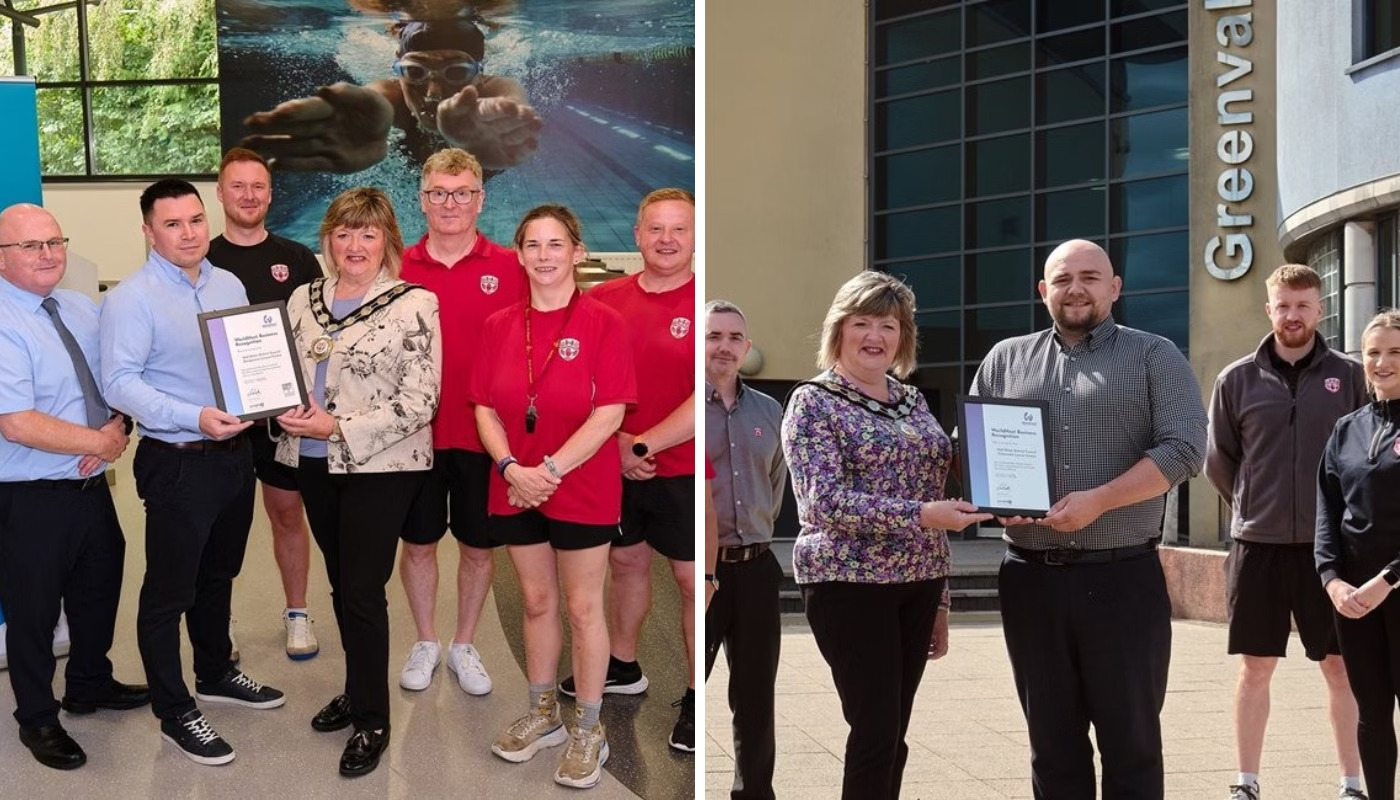
Latin America & the Caribbean: Why a collaborative skills development response is critical to recovery
For developing countries, the economic and social impacts of the COVID-19 pandemic in the form of nationwide business closures, lockdown and mobility restrictions have been sudden and severe. Poverty and the increased economic and social exclusion of marginalised communities, young people and women are major risks. Latin America and the Caribbean (LAC) are also being impacted by fallout from the US economy as well as the lack of tourism which they depend heavily upon.
Small and medium enterprises are amongst the most vulnerable. The Chamber of Commerce, CAMARASAL, in El Salvador, reports that 88% of SMEs experienced a loss of sales income of at least 75% during lockdown.
In the face of this, businesses are reinventing their modes of practice and training for new skills. Several themes have been identified when it comes to training, reskilling and upskilling in the short term, but the importance of the skills agenda extends far beyond the immediate post-COVID period.
Most notably, the nearshoring of multinational firms to Central America presents the region with a significant opportunity to boost employment and economic growth. As a recent report by the Atlantic Council noted, “As free-trade partners of the United States, Costa Rica, El Salvador, Guatemala, Honduras, Nicaragua, and Panama have a unique opportunity to capture production and prominent roles in reconfigured global supply chains.” Meanwhile, the Inter-America Development Bank has estimated that an improvement in emerging human capital in the region could translate into a 33% increase in GDP per capita.
What is certain is that in light of the challenges ahead that regardless of the sector, collaboration will be key for the recovery together with innovative partnerships and strong government support for the training and skills required to lead transformation in business and education.
There is an opportunity for collaboration between key stakeholders who work across the LAC countries to create solutions that can be contextualised for the country, saving money and time and sharing best practice.
This effective skills development response will make an important impact on the speed at which sectors recover, and the extent to which employment is restored. It is also important to identify and anticipate the skills needed for recovery and future growth in the worst affected sectors, and to identify practical actions that can be taken to reskill and upskill workers to meet these needs.
By taking a collaborative approach, governments and other key stakeholders will be in the best position to address key issues such as:
Reskilling the workforce for redeployment to other sectors. Pre-COVID, key sectors in terms of numbers of people employed in LAC include tourism, manufacturing and construction. For example, in El Salvador, 31% of the labour market was employed in commerce, hotels & restaurants, whilst in the Dominican Republic the figure was 28%. Most of this workforce is low-skilled, providing scope for reskilling so that jobs can be found in sectors that have been impacted less by COVID.
Capacity building for training the workforce. The common practice of using informal workers has meant less investment in training and development in South America and the Caribbean. However, with economies beginning to rely more heavily on technology, digital skills development is now a priority, as is developing resilience. Through a longstanding partnership, Microsoft and the Trust for the Americas have launched 200 centres across 19 countries in Latin America as part of Microsoft’s initiative to improve the digital skills of 25 million people across the world who have lost their jobs due to Covid-19.
Additionally, investment in the developing of talent pipelines, professional pathways and continual professional development are now more important than ever when it comes to building a robust workforce. As the ILO noted in its recent report The role of vocational training in confronting the effects of COVID-19 in Latin America, “It is important that significant resources should be invested in the field of anticipating training needs and professional profiles for jobs that will be created in the post-crisis or recovery period.”
Improved leadership skills. For larger companies, supervisory, management and leadership skills are even more relevant in a COVID-19 context, as managers need to re-assure their employees and help to build their confidence. Communication and strong interpersonal skills are also important for supervising staff in difficult circumstances, such as remote working, and dealing with stressful situations, uncertainty and change.
Upskilling and empowering female workers. Women have been hit especially hard as there are a higher percentage of them working in the service industries across the region. In El Salvador, 44% of workforce in tourism are female and in more than 30% of households the woman is the sole earner. This is now a top priority, as is improving female literacy and improving their ability to compete for jobs.
Training small informal enterprises for the future opportunities. LAC has been especially hard hit as there are a vast number of micro businesses and SMEs across tourism, commerce and other service- related activities. However, start-up enterprises and entrepreneurship activities will be some of the first areas to re-bound as communities recover and local commerce and services restart. Preparing the skills for new ways of operating is therefore a priority, as is strengthening entrepreneurship skills to support people searching for new job opportunities.
In conclusion, who should be involved in this agenda and how can it become scaleable? It’s all very well saying that we need a strategic, planned and co-ordinated approach with key stakeholders such as employers, governments, banks, NGOs and training providers, but what are the practical building blocks for working in partnership post-Covid and is there a roadmap for a new style of more integrated co-ordination between these key stakeholders?
What we do know for certain is that this is a global issue, with the same or similar challenges being faced across the world. And with funding is being made available from a wide range of sources, the challenge is how global efforts – which are taking place on a massive scale and within a very condensed timeframe – can be better co-ordinated. Rather than re-inventing the wheel country by country, it would be far more efficient to share best practice and learn from each other to minimise duplication of effort and ensure that funding can be spent more effectively.
It’s evident that there is no lack of willingness to engage and share at a local, national and international level, so now is the time to ask ourselves what improved international collaboration might look like and identify the quickest and most effective way to develop the local capability required to do so.
In my experience, taking this to the next level is about creating simple but effective frameworks and toolkits and sharing next-stage concept notes based on generic models of best practice and learning that can be tailored locally. This approach will not only provide save time, it will also ensure that the funds are better spent.



